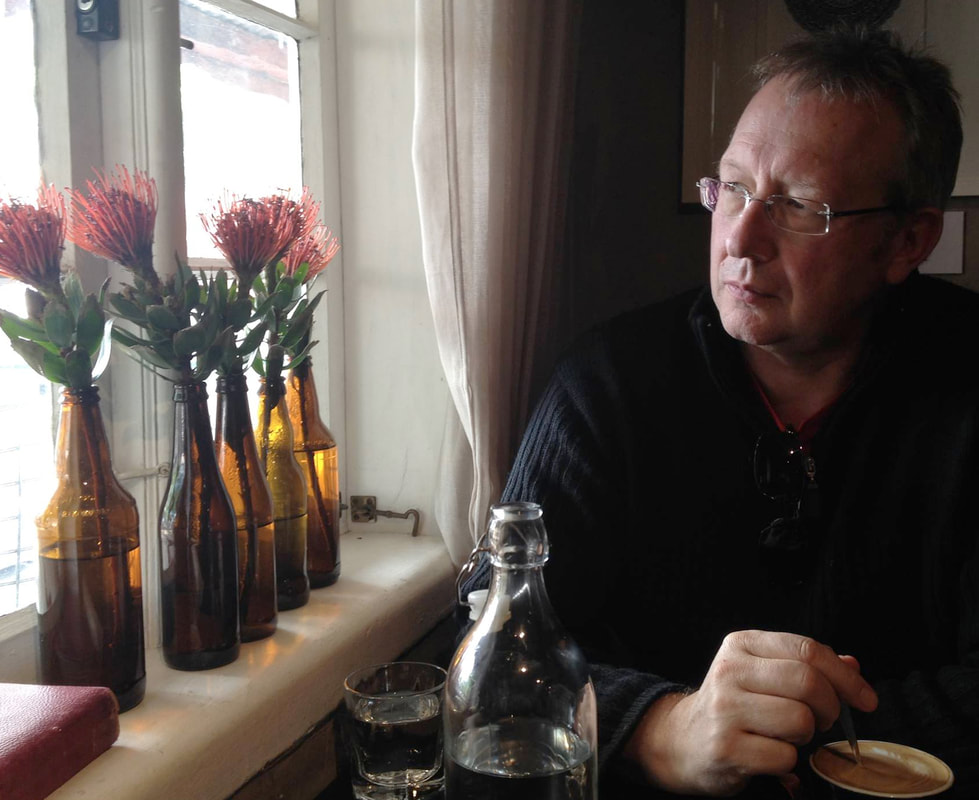|
I amused myself by thinking keeping a blog based on editing would be interesting - yeah, nah. This past fortnight, I've worked through just over 200 pages of editing on the project, finding typos, adjusting information, and it's required a level of self-discipline to push myself to sit and work patiently. There's something challenging reading through a project you've finished and having to admit it's far from finished yet.
Editing pushed me back down more research rabbit holes around post-war rationing and how Australian families lived in austerity in order for Australian governments to supply England. I thought it was fascinating to learn that petrol rationing was stopped before butter rationing. Being the son of a dairy farmer, I still can't rationalise why butter was such a difficult commodity to obtain, so for my own curiosity I'll go deeper into that part of the research post-editing. The rationing process spawned significant black market industries, and those 'in the know' or with 'good connections' could access goods the average family went without. Research also uncovered yet again how those in the right class levels - don't ever kid yourself we live in an egalitarian society - actually lived very comfortably during the war years, adopting a clever culture of not flaunting their wealth while they continued to accrue it and enjoy it in the privacy of their homes. The rise of the car from 1948-1952 (the scope of part of the story) is itself an interesting research path. Apart from the first true cars in Australia being steam-powered (yes, ironic in modern times), Chifley's support for an Australian-built car - eventually the 48/215 or FX Holden - coupled with increasing importing, and locally-based built cars, and increasing employment meant more and more people began to own cars. In 1950, one in ten families owned a car and by the end of that decade more than half of all Australian families had a car in the driveway. The effect of post-war immigration and American industrial might on which cars became available to Australians and how British vehicles steadily lost the market is also a fascinating study for another time. I went deeper into the world of dentistry techniques and dentures, and the lengths people went to for their Hollywood smiles and dental health before the dental fraternity started filling every hole they could to save rather than extract teeth. Correcting spelling errors, typos, adjusting 'he said' and so on terms, adding in character reflection and colour and limited imagery, checking historical accuracy all continue to be part of the current task. I have a week off work now, so I'm planning on finishing the raw edit this week and then sharing the first draft with beta readers for honest feedback before I begin second complete edit.
0 Comments
Leave a Reply. |
AuthorWriting is my passion. Ideas, opinions, beliefs, experiences expressed through language - through words and images - pervade and create my life. Writing is my voice, my soul, my self. My dream is one day writing will sustain my life... Archives
July 2024
Categories |

 RSS Feed
RSS Feed